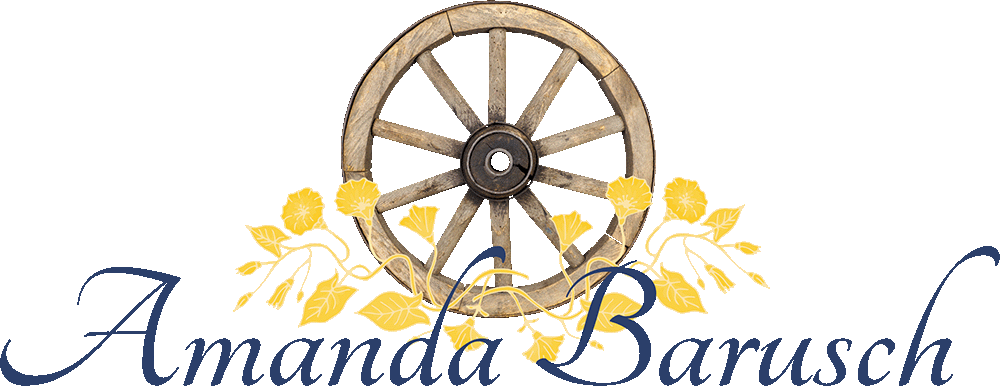Death and Funerals
It’s ANZAC day and thoughts of slaughter (also known as “sacrifice”) and death abound. Margaret’s daughter heard a story at her high school about one of the few women who died in the war to end all wars. This woman, a nurse I’ll call Abby, was shipped out to Egypt - long way from NZ. She had two brothers and a sister, Fiona. The brothers enlisted and, unbeknownst to Abby, were also sent to Egypt. I guess demands for secrecy included not telling family members where they were. Anyway, they met up in a Cairo bar and managed to coordinate their leaves so they could enjoy a delightful week in a nearby resort. The following week both brothers were killed. Abby grieved alone in Egypt until her own death a few months later. Fiona - too young to enlist - lived to tell their story to high school kids on ANZAC day.
I was also interested to learn of Maori funeral practices, and how they differ from those remarkably stoic Presbyterians. At funerals, I gather, Maori take the opportunity to unburden themselves of emotional baggage - resentments, disappointments, sorrows. So the event can be quite wrenching. A colleague tells me, though, that a person can specify in her will who may and may not speak at her funeral. He says word leaks out in the community, and the knowledge that you won’t be allowed to vent at a person’s funeral can contribute to tensions while you’re both alive. Funerals are sometime marked by discard - sometimes bodies are stolen by people who disagree with plans for their disposition. Sometimes people are banned from funerals and they show up anyway. I’m intrigued by this idea of funeral misbehavior (as the Presbyterians think of it). It must make the events themselves much more interesting & dramatic. Happy ANZAC Day!
